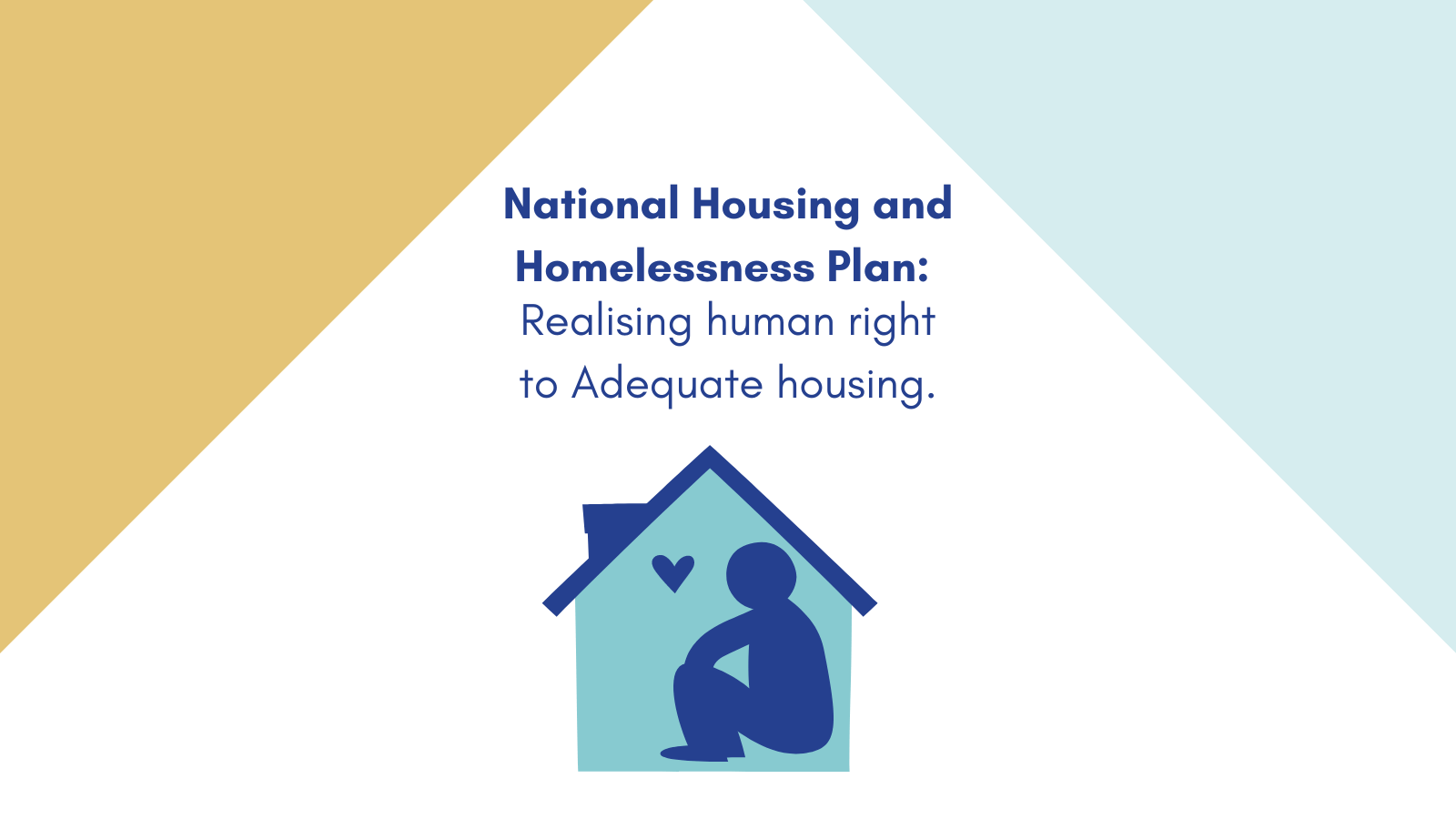This week is Homelessness Week, an annual event hosted by Homelessness Australia aiming to raise awareness and build commitment towards ending homelessness. The theme of this year’s Homelessness Week is “Homelessness Action Now”. It must serve as a reminder of the urgent need to change the future state of housing and homelessness in Australia.
In recent years, several countries have responded to the global crisis of housing unaffordability by preparing whole-of-government plans to improve housing affordability and reduce or eliminate homelessness.

Long-term strategic planning for housing and homelessness has been limited at a federal and intergovernmental level in Australia despite years of critical housing unaffordability for many of Australia’s most disadvantaged groups.
Currently being developed by the federal Department of Social Services, the National Housing and Homelessness Plan (NHHP) will be a 10-year strategy setting out a “shared vision” for housing and homelessness policy across “all levels of government”. Consultation on the Plan took place in 2023, where stakeholders working across the Australian housing and homelessness policy, research and service provision sectors laid out their visions for a comprehensive, ambitious and equitable NHHP.
In early 2024, the Department of Social Services released a Summary Report detailing the results of this consultation process. Several key recommendations from high-profile participants in the 2023 consultations were omitted. These included recommendations that the Plan’s objectives be legislated, a commitment to time-bound targets to end homelessness, and discussion of the role tax concessions for property investors play in exacerbating housing affordability and security for people who do not (yet) own a home.
These omissions sent alarm bells ringing across the housing and homelessness sector. The CEH and many others involved in the 2023 consultation have questioned whether the Plan is likely to create much-needed, wide-reaching, lasting change. The CEH supported an open letter signed by over one hundred academics, campaigners and CEOs working within the fields of housing and homelessness supporting a legislated, ambitious and long-term Plan.
Following this open letter, federal crossbenchers Kylea Tink, MP and Senator David Pocock introduced a private member’s bill, the National Housing and Homelessness Plan Bill 2024 (No.2). This legislation sets out the Plan’s framework and broad objectives, as well as establishing timelines for review. Two new review bodies would also be set up by the legislation: a National Housing Consumer Council, and a National Housing and Homelessness Advocate. The Bill also requires that a new Plan must be prepared after 10 years. The Bill’s design draws on Canada’s National Housing Strategy, a legislated, human rights-focus national strategy which has been in place since 2019.
The Bill sets out explicit human rights objectives:
“[to] further the progressive realisation of the right to adequate housing, as recognised in the International Covenant on Economic, Social and Cultural Rights 1996”.
“[to] further the progressive realisation of Indigenous self-determination in housing policy in compliance with the 27 UN Declaration on the Rights of Indigenous Peoples”.
Key aspects of the right to adequate housing have been laid out by the United Nations (UN) Committee on Economic, Social and Cultural Rights. These include freedom from forced eviction or destruction of a person’s home, and equal access to ‘adequate housing’. Adequate housing is defined as housing that is safe, affordable, accessible and connected to local services and infrastructure.

As noted by the UN Committee, protecting the right to adequate housing doesn’t mean that governments must build houses for the entire population. Rather, it means that governments should do everything in their power to facilitate equitable and non-discriminatory access to housing. This can range from building social (public and community) housing, to creating and enforcing legal protections against eviction, through to regulating local rental markets.
The extent to which Australia is meeting its obligations under the UN’s right to adequate housing must be questioned.
Described by the UN Special Rapporteur on adequate housing as the “most severe symptom of the lack of respect for the right to adequate housing”, homelessness was experienced by 122,494 people in Australia on Census night 2021.
Most states and territories continue to allow some form of no-grounds eviction, where landlords can terminate rental agreements without any justification. The national rental vacancy rate is just above 1%. Well over 100,000 households sit on social housing waiting lists. Australia’s provision of tax concessions to property investors also encourages the speculative accumulation of dwellings, pushing up house prices, locking first home buyers out of the market and creating insecurity for renters in the private market.
While the new private members’ Bill leaves the details of the Plan to the government of the day, legislating a human rights-based strategy with clear objectives and mandatory review and revision periods could set the foundations of a truly ambitious vision for housing reform. The Commonwealth must seize upon this opportunity to create a roadmap for the system-wide change needed to meet Australia’s housing challenge face-on.

